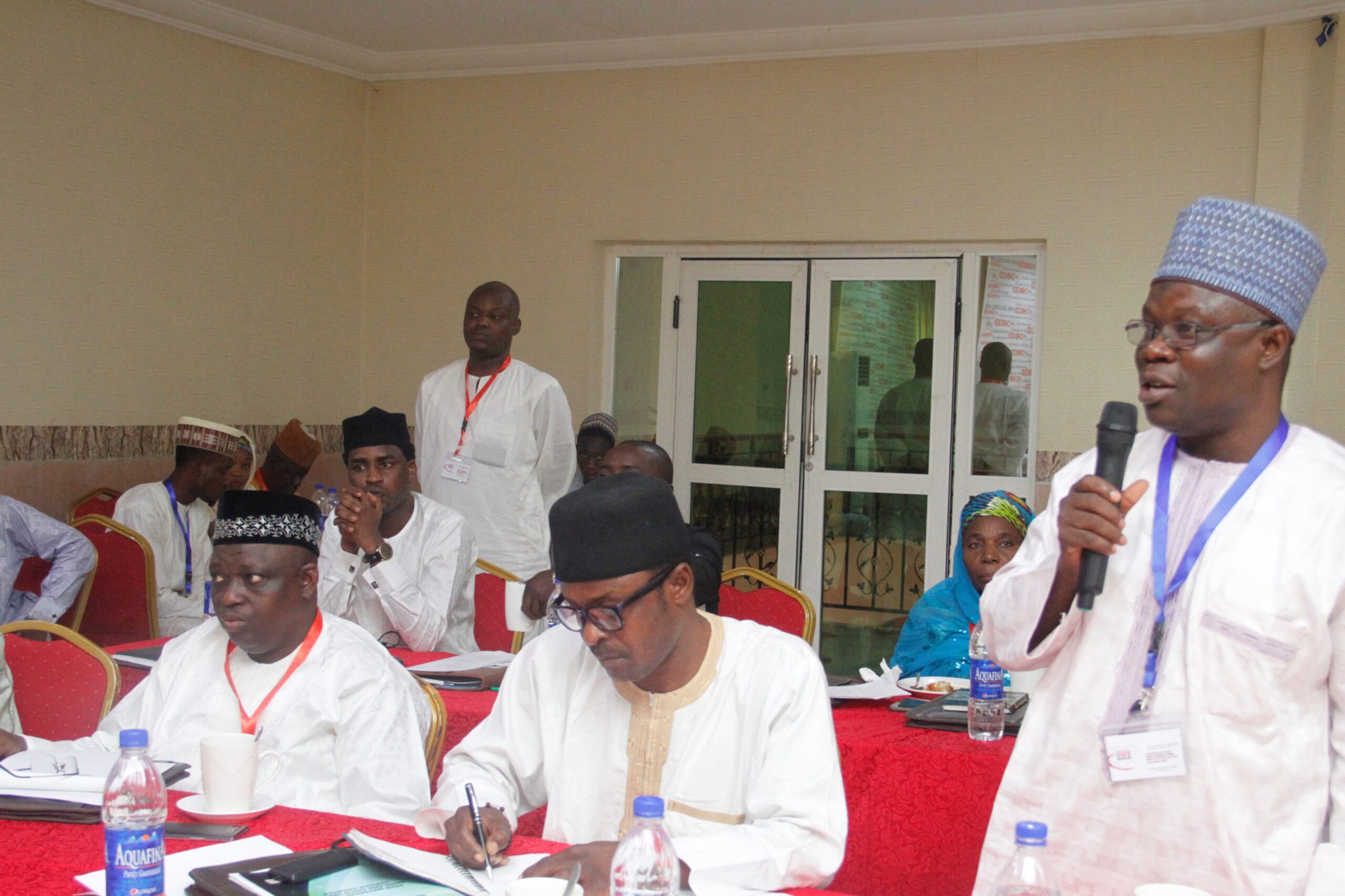The Resource Centre for Human Rights&Civic Education (CHRICED) has closely followed discussions in the public space, and has spotted instances of misinformation targeting the Conditional Cash Transfer (CCT) programme. The various shades of misinformation and misrepresentation convey the impression that the CCT is the same as the COVID-19 palliatives. As such, the gaps and inadequacies in the COVID-19 palliative distribution are being used to demonise the CCT, especially by political actors. As the lead organisation monitoring the CCT in the Northwest geo-political zone, CHRICED deems it necessary to set the records straight by making it clear that the CCT programme is absolutely different from the Federal Government COVID-19 palliatives. The two should not be mixed up or misconstrued.
With the outbreak of the COVID-19 pandemic, and the not-so-impressive manner the distribution of government palliatives have been handled, a number of commentators have conveyed the impression that the CCT is the same as COVID-19 palliatives. This misinformation has led to erroneous charges that the CCT has failed. For avoidance of doubt, CHRICED deems it critical that the public should clearly understand that the CCT is not the same as government’s palliative aimed at cushioning the effects of COVID-19. The Household Uplifting Programme (HUP) otherwise known as the Conditional Cash Transfer (CCT) was established to address deficiencies in capacity and lack of investment in human capital of poor and vulnerable households. It is a different programme with its unique structure, and the monies being disbursed to the poorest of the poor households under the CCT since 2018, are proceeds of the recovered Abacha loot of $322.5 million from Switzerland.
The Civil Society Organisations (CSOs) lead by African Network for Environment and Economic Justice (ANEEJ) have been actively participating in monitoring the disbursement of the CCT with a view to checking and reporting any observed challenges or issues of corruption. As the lead partner observing the CCT in the Northwest geo-political zone, CHRICED can authoritatively report that while the CCT process has experienced some challenges, it has been effective in a lot of ways, and has had its successes by putting monies in the pockets of the poorest Nigerians. While the observed gaps in the process have been routinely documented and passed on to the appropriate government agencies, it is our considered view that to misconstrue the CCT as COVID-19 palliative would make political leaders across federal, state, and local government easily escape accountability for the billions of Naira, which have been released for COVID-19 interventions. CHRICED calls on the public to be cognizant of these differences and work to hold their leaders accountable for every Naira of public funds set aside as COVID-19 funds, just as citizen groups have been doing with the CCT.
Zikirullahi is Executive Director at CHRICED






















